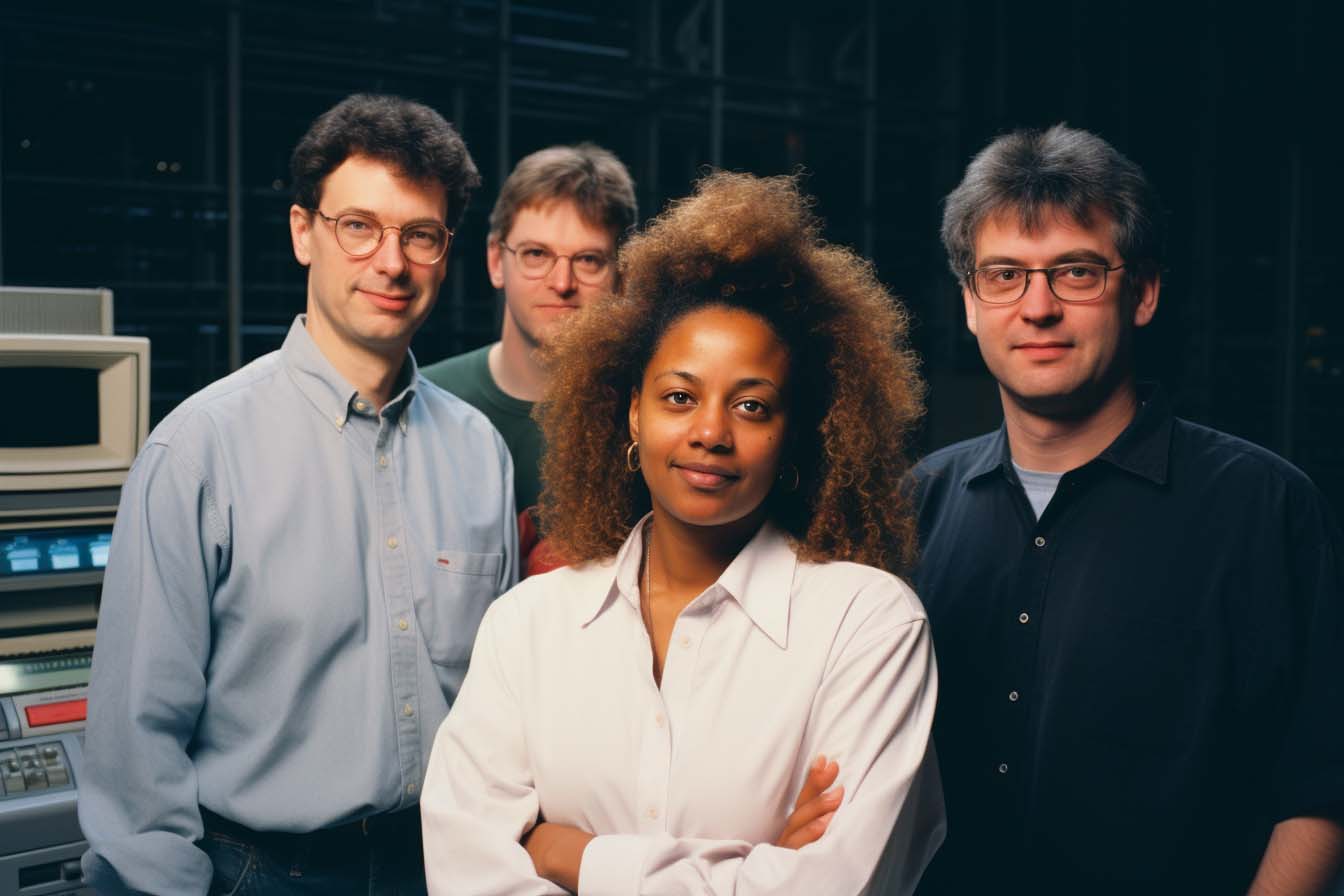Welcome to our blog post exploring the fascinating intersection of technology and pharmaceuticals. In this article, we will delve into how advancements in technology are influencing the world of drug research and delivery. From cutting-edge research techniques to innovative methods of drug delivery, the marriage of technology and pharmaceuticals is revolutionizing the healthcare industry. Join us as we explore the exciting possibilities that arise when these two fields come together.
Advancements in Drug Research
The integration of technology into the field of drug research has opened up new avenues for discovery and innovation. One of the most significant developments in recent years is the use of artificial intelligence (AI) in drug discovery. By analyzing vast amounts of data, AI algorithms can identify potential drug candidates and predict their efficacy with remarkable accuracy. This not only accelerates the drug discovery process but also reduces costs significantly — a win-win for both researchers and patients.
Another area where technology is making a noticeable impact is in the field of genomics. Thanks to advancements in DNA sequencing technology, scientists can now decipher an individual’s genetic makeup quickly and accurately. This knowledge allows for the development of personalized medicines tailored to a patient’s unique genetic profile, maximizing the effectiveness of treatments and minimizing side effects.
Innovative Drug Delivery Methods
Technology is not only transforming the way drugs are discovered but also how they are delivered to patients. Traditional drug delivery methods often involve pills or injections, but advancements in technology have opened up new possibilities for more efficient and targeted drug delivery.
One such innovation is the use of nanotechnology in drug delivery. By engineering nanoparticles that can carry drugs directly to the target site in the body, researchers can enhance drug effectiveness while minimizing side effects. These nanoparticles can be designed to release the drug in a controlled manner, ensuring a sustained therapeutic effect.
Furthermore, the rise of telemedicine has enabled remote patient monitoring and drug delivery. Patients can now receive medications directly to their doorstep, cutting down on the need for physical appointments and reducing the risk of exposure to infectious diseases. Telemedicine also allows healthcare professionals to monitor patients remotely, ensuring medication adherence and adjusting treatment plans as needed.
The Future of Technology and Pharmaceuticals
As technology continues to advance at an exponential rate, the potential for further integration with the pharmaceutical industry seems limitless. From robotic surgery and 3D printing of organs to the use of virtual reality in pain management, the future holds unprecedented possibilities for the convergence of technology and pharmaceuticals.
However, it is crucial to navigate the ethical and regulatory challenges that arise with these advancements. Ensuring the safety, privacy, and accessibility of technology-driven solutions is paramount to the successful integration of these fields. Collaboration between pharmaceutical companies, technology developers, and regulatory bodies will be essential in shaping a future where technology and pharmaceuticals work harmoniously for the betterment of patient care.
In conclusion, the intersection of technology and pharmaceuticals is transforming the world of drug research and delivery. Advancements in AI, genomics, nanotechnology, and telemedicine are revolutionizing how drugs are discovered and administered, leading to more effective treatments and improved patient outcomes. While the future holds immense promise, it is vital to approach these advancements with caution and responsibility, ensuring that the benefits reach all individuals in need of quality healthcare.







